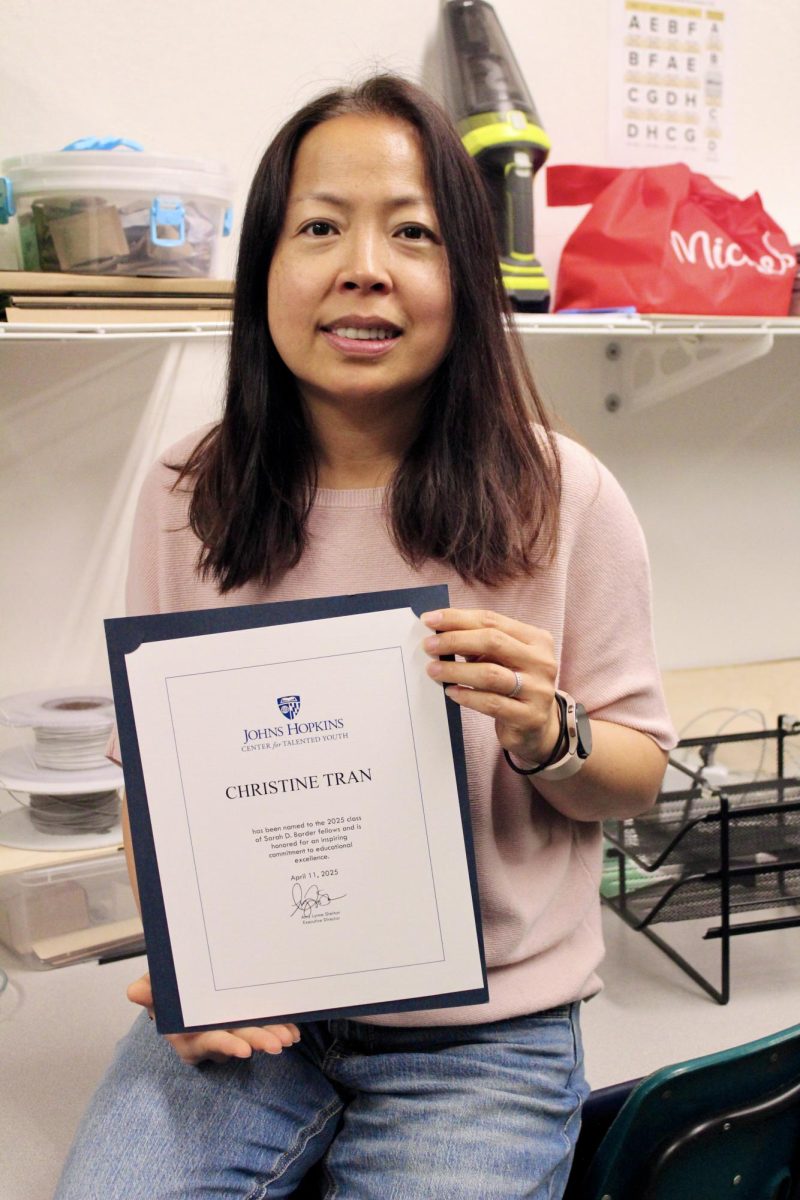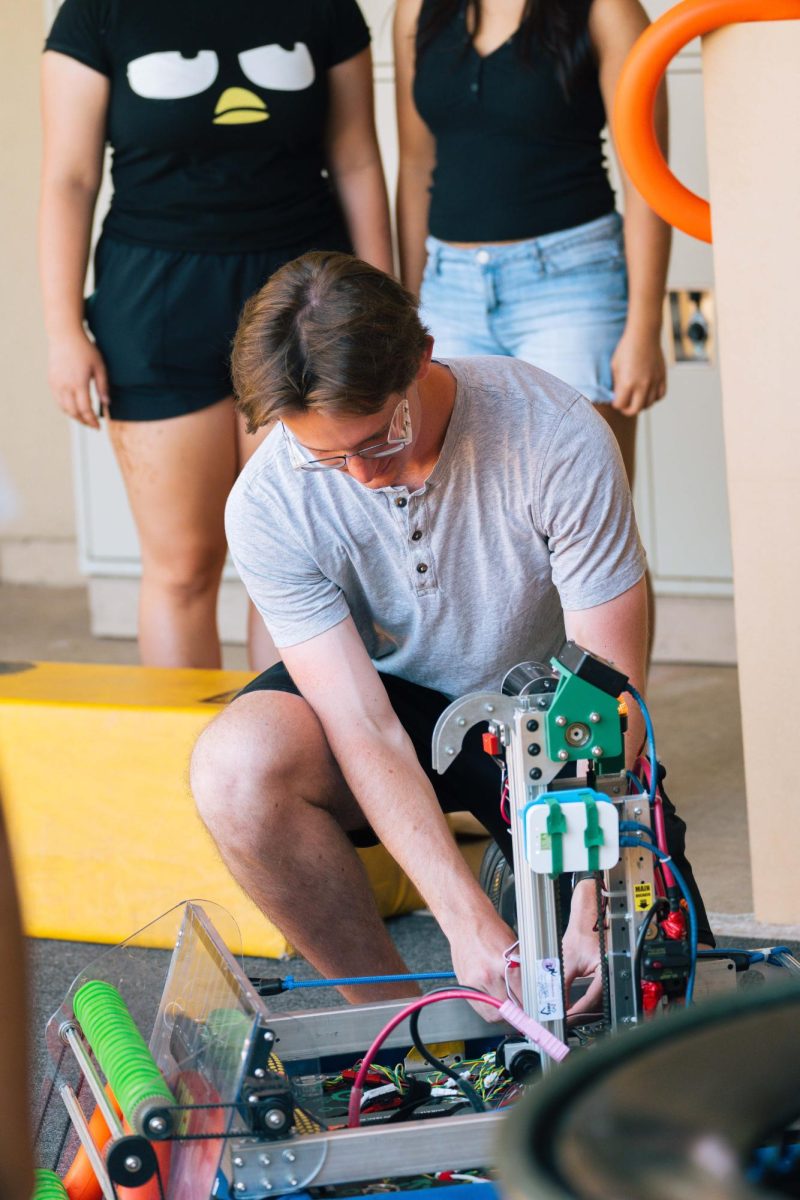With every day comes new challenges. New adversities. These adversities may be something physical, but they can also be something more internal. They can be an overwhelming tsunami of stress, anxiety and depression. If you were to look inside the brain of a Silicon Valley student, these feelings would most likely greet you like a punch in the face. Intrinsically, sports, school, relationships, and family can support and strengthen students, but they can easily do the opposite. It doesn’t take a lot to turn something that was once beloved into a new cause of stress.
In Silicon Valley, students are driven to do their best, be their best, and feel their best, but at what cost? Silicon Valley is full of high achievers and inventors, and as a result comes a lot of competition. While pressure and competition are motivating, they can likewise hinder students.
Director of Upper Campus Counseling Stephanie Fugita sees both the positive and negative effects on the mental health of students in Silicon Valley.
“I think because the community has such a high level of education, this can benefit students in having parents that are involved in their education and spark intellectual curiosity in their kids,” Fugita said. “Also because people are financially stable, they are able to access mental health support like therapy when they need it.”
The desire to be your best self is often the greatest propeller and can yield thrilling results. With that said, there is always a happy medium, so being over-critical and putting too much pressure on yourself may do more harm than good.
Junior Ruby Hannelly stresses the importance of balance for student success.
“I would say number one is definitely balance. I think the key to sustaining any success in life is to have a balance in whatever you are doing. For me at school that looks like being able to balance social, academic, sporting life, and family life,” Hannelly said.
Data from the Challenge Success Firm shows that 90% of high school students worry about taking assessments with 79% of them feeling pressured to perform well in school.
“I hear students who are anxious before a test, and say if they don’t do well on a test, they will fail the class, not get into a good college, and end up homeless, which is catastrophic thinking and causes a lot of emotional stress,” Fugita said.
This kind of thinking can lead students down what feels to be a never-ending rabbit hole. It can feel as though all your hopes and dreams have been washed down the drain, but that’s not the reality. It’s crucial to overcome these overwhelming thoughts to bounce back.
More often than not, it’s the students themselves who put themselves under a ton of pressure despite support from peers and family. Hence the pressure of Silicon Valley impacts self-perception, usually for the worse. Students feel as though they can’t compete with others and that they’re not worthy enough. Sometimes, this pressure can even cloak genuine passion.
“I hear some students say they love literature and history but are going to choose computer science or business because this will ‘pay the bills’,” Fugita said.
Hannelly has likewise noticed these hesitations in her peers.
“I think some students may prioritize meeting perceived expectations over pursuing what truly resonates with their interests and values, potentially impacting their authenticity and personal fulfillment,” Hannelly said.
Money is a big factor that shapes Silicon Valley. For young students to have to worry about whether their passion will make enough money to sustain their lives is truthfully miserable.
What is really needed is the recognition that every student is unique; some may be more creative, and others analytical. Regardless, the education system tends to put all students in the same box.
Student stress is inevitable, but in a well-rounded community like Pinewood, identifying the causes of poor student mental health can be addressed and mediated quicker.






